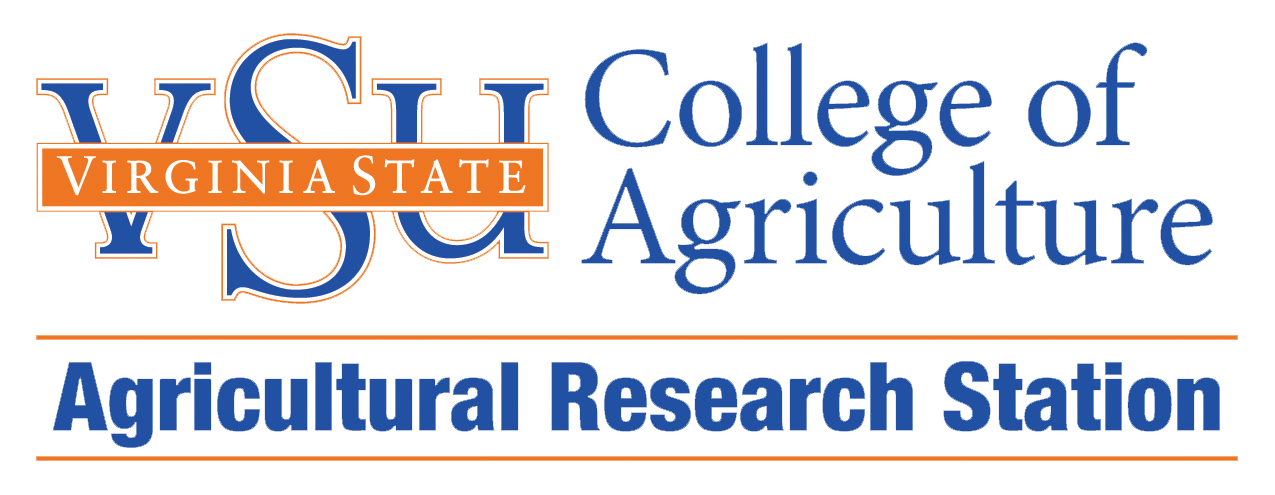Plant and Soil Sciences > Plant Biotechnology
Plant Biotechnology
The Plant Biotechnology Laboratory focuses on two primary topic areas: bio-energy production and plant abiotic stress tolerance. Using genetic and genomic approaches, the lab seeks to identify novel genes from unique species that can be used to improve bio-fuel production and crop tolerance to environmental stresses, especially drought, heat, and heavy metal toxicity. The program aims to develop innovative strategies for breeding new crops to address national needs under global climate change conditions, while also providing a platform for students to train in plant molecular biotechnology.
Solanum pennellii, wild tomato, is a good candidate for use in bio-fuel production because it produces a high percentage of glucolipids on its leaves, while also thriving on arid land that is unsuitable for other crops. Researchers have evaluated its drought tolerance, its biomass production, and its fuel yield under both greenhouse and field conditions. They have also worked to identify novel genes that will allow them to genetically engineer S. pennellii for higher levels of production of leaves and glucolipids.
Certain types of purslane, Portulaca oleracea, show the capacity for accumulating arsenic in their shoots as they grow, thereby providing an opportunity to pursue phytoremediation on contaminated lands. ARS researchers are evaluating genetic variation among purslane accessions for their response to arsenic and other heavy metals.

